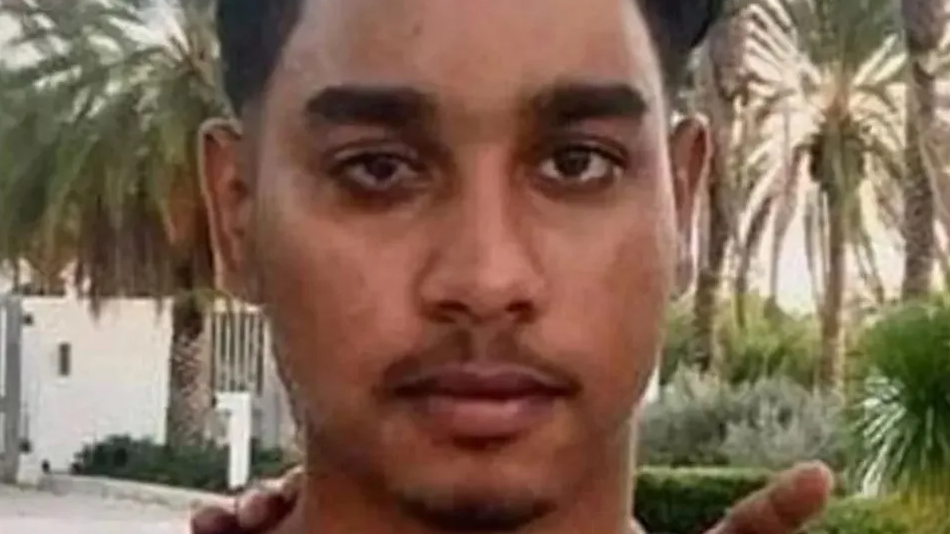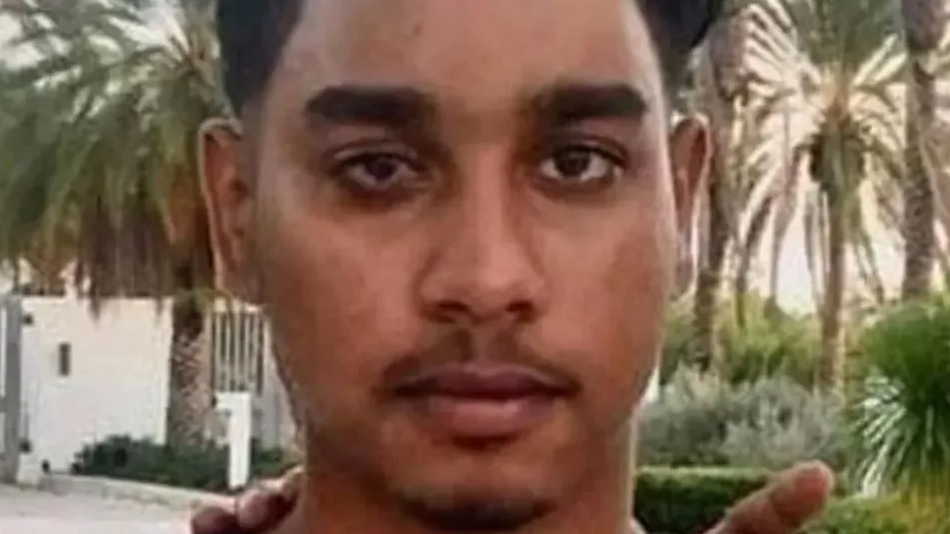Young Seesahai murderers should not be named - judge

Shawn Seesahai, 19, was stabbed at Stowlawn Park in Wolverhampton in November
- Published
A judge has ruled that two young murderers should not be named publicly, despite stabbing a man to death when they were both 12 years old.
The pair attacked Shawn Seesahai, 19, at a park in Wolverhampton in November and were convicted in June.
Mrs Justice Tipples told Nottingham Crown Court that she had rejected an application from media organisations for the two boys to be named.
She ruled that the public interest in knowing their identities was outweighed by the need to rehabilitate the killers, and the effect on them and their families.
The application was brought by media organisations ITN, NewsCorp and Associated Newspapers, who argued that identifying the boys was in the public interest.
The court heard it was a "particularly grave" crime, which had led to "national revulsion".
It was also claimed there was evidence of institutional failings, which the media would be less able to investigate and expose if the boys' identities were not made public.
Against this, the judge balanced the vulnerability of the boys, both because of their age and the mental health problems suffered by one of them, and the likelihood they could be rehabilitated.
She also said details of the case had been widely reported and debated, and that the absence of the boys' names would not "leave a vacuum" in the way the case could be covered.
Struck in head and heart
Mr Seesahai was struck with a machete to his back, legs and skull, and also beaten.
He was hit so hard on the skull with the weapon that a piece of bone came away.
There were also slash wounds on his leg, and an injury all the way from his back, through his ribs and into his heart.
The ruling was announced ahead of the sentencing hearing in September, to allow for any appeal against it.
The judge gave the applicants until 9 August to indicate whether they would seek a review of the decision.
The pair are believed to be the youngest convicted murderers since the killing of James Bulger in 1993.
Young criminals' identities are usually protected under the Youth Justice and Criminal Evidence Act 1999, external unless the judge rules they should be named.
Related topics
- Published30 July 2024
